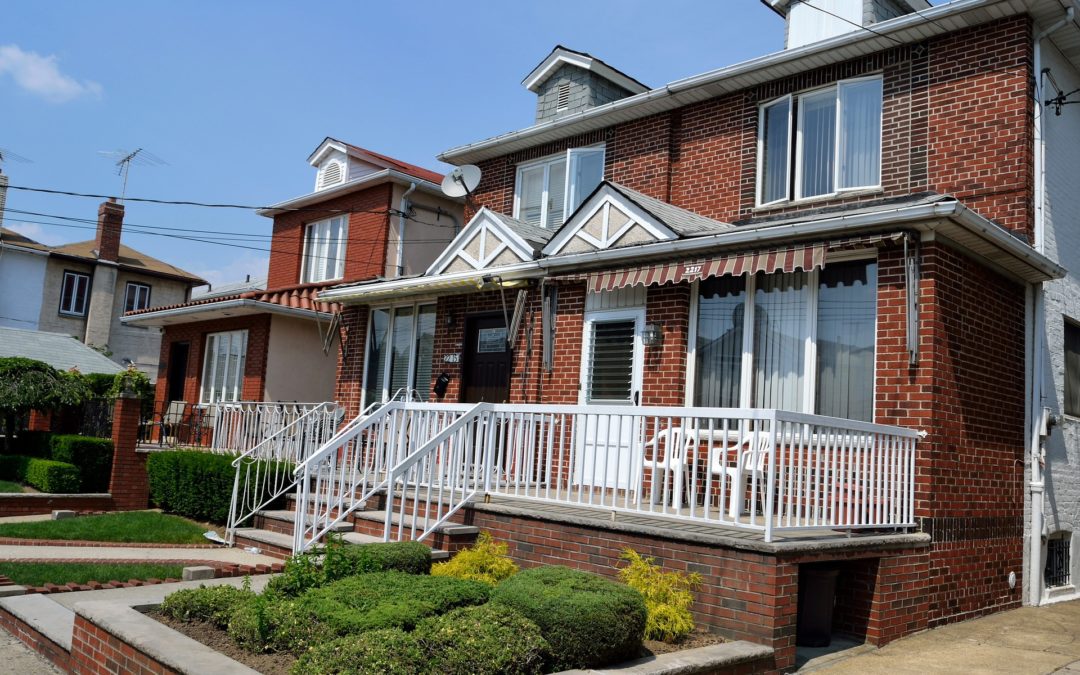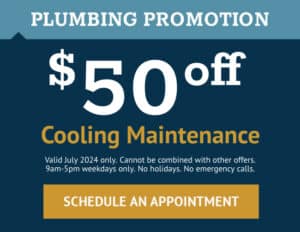The home-buying market is HOT in 2020. Millions of American’s have chosen this year to purchase their first homes. While this milestone is an exciting one for sure, it can also be intimidating. This is especially true when it comes to the plumbing system of your new home. It is important to familiarize yourself with your system and learn the basics to set yourself up for success when it comes to future plumbing issues or concerns.
We want all new homeowners to feel comfortable with their plumbing system, so we have gathered our picks for the 10 things you should know about plumbing when purchasing your first home.
1. Know where your water main shut-off valve it (and how to turn it off!) gas as well.
This is no doubt one of the first things you should learn when purchasing any home. The ability to turn off the water supply to your home is crucial when you are working on plumbing projects or repairs. Additionally, in times of plumbing emergencies, not shutting off the main valve right away can lead to extensive damage from leaks or floods. Limit the potential damage to your home by educating yourself and other adults in the home – or kids if they are able – on where the valve is and how to shut it off if need be. Labeling the valve and any other important parts of your system can help others find them in emergency situations when you are not home.
2. Protect your pipes from wintertime freezing temperatures.
Most places in the U.S. experience at least a some amount of freezing temperatures throughout the year. Some areas do so for months at a time. The consequences of not preparing your pipes for these low temperatures can prove disastrous. It is important to winterize your pipes in order to avoid bursts and hefty repairs.
These bursts tend to happen when homeowners go away for a period of time during cold weather, setting their thermostats lower to reduce heating costs while they are away. Know that the money saved by doing so will quickly disappear if your pipes freeze and need repairs. It is best to keep the thermostat set around 60 degrees Fahrenheit to avoid any issues. You can also invest in pipe warmers that help prevent freezing as well.
3. Learn the dos and don’ts of your garbage disposal (and your kitchen sink in general).
A garbage disposal can be a valuable asset to have in your home, but treating it with respect is necessary to avoid future plumbing issues. Learn what types of food and liquids are OK and those which you should never put down a disposal.
When it comes to any kitchen drain, be careful what you allow to enter your plumbing system. Be sure and dispose of oils and grease somewhere else.
4. Learn about your water heater.
Upon purchasing an existing home (or better yet, before you make an offer), check out the age and working condition of the current water heater. These fixtures don’t last forever. In fact, most water heaters only last about 10 years. Keep in mind that water heaters can hold upwards of 50 gallons of water, making leaks in them dangerous for the entirety of your home. When considering replacing your aging water heater, take a look at the existing warranty to see what might be covered. Also keep in mind that even newer water heaters need to be routinely drained, about once per year.
5. Be sure to install drain strainers on all your bathtubs and showers.
These handy devices help prevent hair and other objects from entering your plumbing system from these drains, causing clogs.
6. Remove mineral buildup from shower heads and faucets.
Depending on your water source, various mineral deposits can build up on these over time. Too much build-up causes a reduced capacity for water to come out. One easy way to clean your faucet heads is by simply removing them and soaking them in vinegar. The deposits should easily scrub off after doing so.
7. Be on the lookout for signs of potential water leaks.
Because plumbing systems run throughout your home, water leaks can occur in all places. Puddles of water are noticeable drips are obvious signs of an issue. However, there are other not-so-obvious ways to tell you might have a leak.
- Be aware of musty/mildew odors, especially in places around your home that are prone to mold growth (i.e. attics, basements, etc.).
- Look for any signs of discolorations or texture change on ceilings and walls.
8. Consistently monitor the water pressure in your home, adjusting when necessary.
This one in particular is often ignored by homeowners. However, knowing you water pressure and monitoring it over time can help both track your usage as well as notice any leaks or major issues faster down the road. Pressure gauges can be purchased at most hardware stores. Those who want to invest a bit more in their system can purchase a smart monitoring system instead.
If the pressure in your home is high, you can reduce it back down to a safer level by either replacing your current pressure reducing valve or installing one if your home doesn’t currently have one.
9. Stay FAR away from liquid drain cleaners!
While they may seem like life-savers in the moment, liquid drain cleaners can destroy your pipes and should be avoided at all costs. If you notice a clogged drain or one that drains slowly, you can try the following:
- Clear any noticeable blockage – remove hair build-up or any other items that are clearly obstructing the drain.
- Pour a mixture of warm water and white vinegar down the drain.
- Try a plunger or hand snake.
- If all of the above fail, contact your local plumber.
10. Find a local, reliable plumber and form a relationship with them!
On that note, another one of the most important tips for new homebuyers is to find a local plumber and establish a relationship with them. While some plumbing issues can be fixed yourself, others require someone professionally trained equipped with the knowledge and tools needed.
Once you find a reputable plumber in your area, schedule an inspection with them. They can assess your current plumbing system and recommend any updates or repairs needed, all while teaching you about your system and maintenance. Also, keep their number handy in case of plumbing emergencies.
Flotechs Plumbing & Heating
Flotechs Plumbing & Heating serves residential and commercial customers throughout Westchester County. We offer free estimates, a 1-year warranty on our workmanship and we can assist you with your manufacturers’ warranties as well. Our crews work 24 hours a day, 7 days a week, and we are proud to be your trusted local plumber. Give us a call today to set up a plumbing inspection on your new home!



